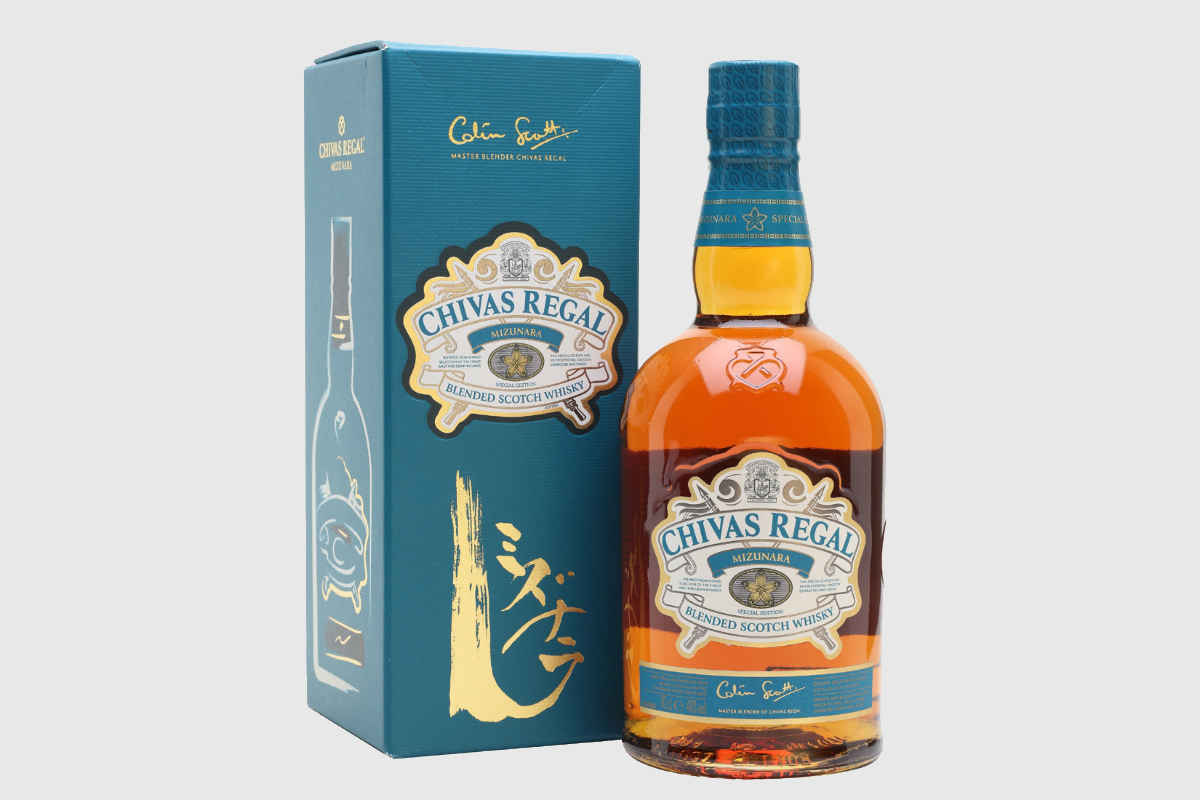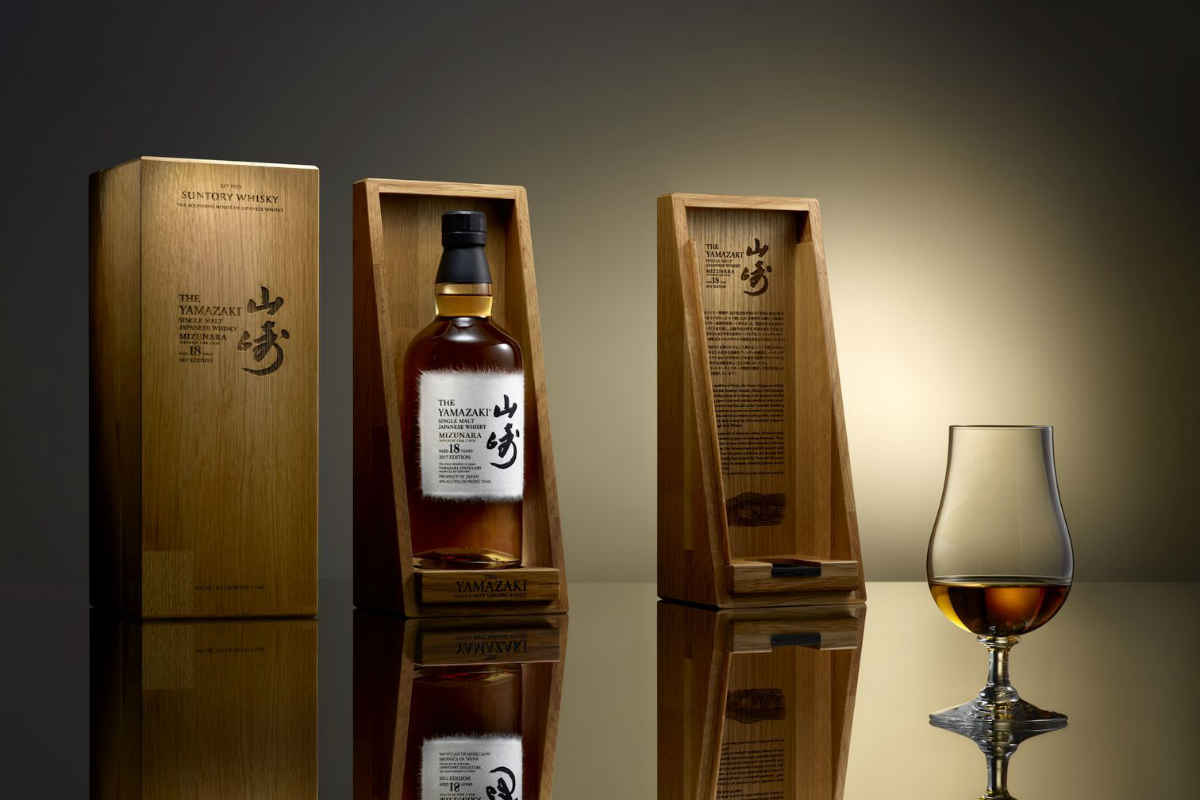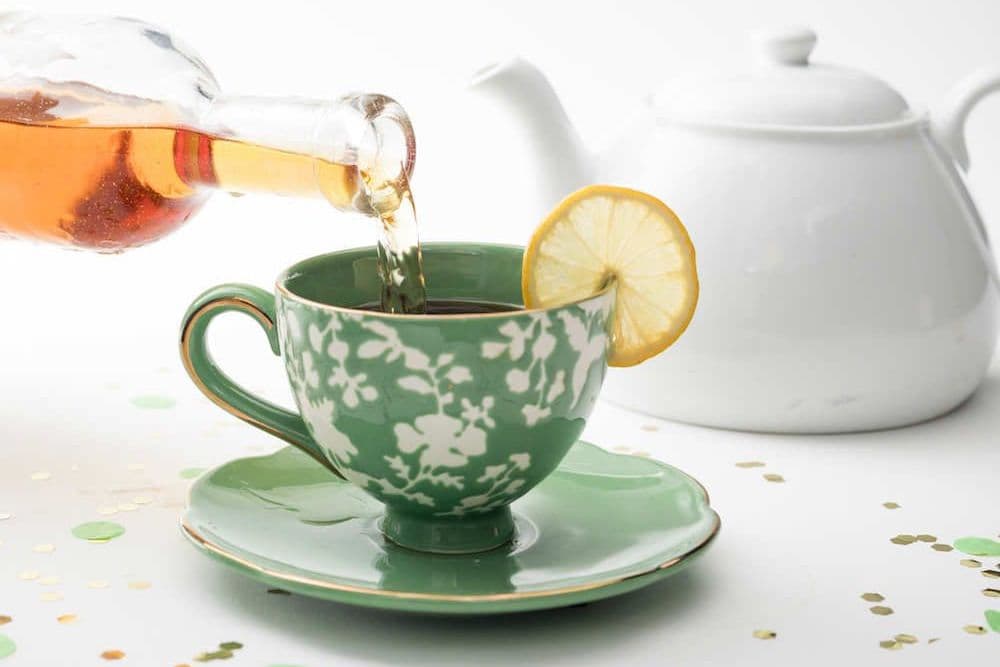Until recently, mizunara was a word used almost exclusively within the cult world of Japanese whisky blogs. But today you may find it printed on a label in your local liquor store. Naturally, this begs the question:
What Is Mizunara Oak?
Mizunara (or said scientifically, quercus mongolica) is a species of oak tree native to Japan. When the Second World War squeezed the Japanese import market, the nation’s whisky industry was forced to fashion mizunara wood into casks to age their spirits.
Mizunara was used as a last resort for good reason. The tree rarely grows straight and takes 200 years to mature, making cask-worthy specimens rare. As a softer, more delicate species of oak, it also proved difficult to make into casks without damaging the wood. And once a cask was made, it was more leak-prone due to the wood’s highly porous nature.
For those reasons and more, the Japanese whisky industry returned to using American oak barrels and sherry butts after the war. Yet mizunara casks continued to be used on a much smaller scale. Why? For all of its flaws, mizunara leaves a unique imprint on whisky.
As Dominic Roskrow notes in his book Whisky Japan, mizunara has a much higher level of vanillin (aka phenolic aldehyde), the organic compound that helps give whisky its flavor. The wood is also known for imparting a unique, spicy flavor often likened to sandalwood or incense.
How Are Mizunara Casks Used?

Chivas Regal Mizunara. Photo: Chivas Regal.
For years, Japanese whisky giants Nikka and Suntory have employed mizunara casks to age some of the whisky used in their blends. Japanese whiskies aged exclusively in mizunara casks are rare. One exception was the highly limited Yamazaki 18 Mizunara Edition, but Suntory has not released a new expression in the series since 2017.
In recent years, whiskey makers in the Western Hemisphere have begun using mizunara oak. In 2016, Washington State’s Bainbridge Distillers released what they claimed to be the first non-Japanese whiskey aged exclusively in mizunara casks, the Bainbridge Yama. Other Western makers have used the wood to finish their spirits, such as Glendalough’s Mizunara Finish Single Malt and Chivas Regal Mizunara.
As more distillers discover the wood and learn how it impacts their spirits, we may start to see additional experiments involving mizunara oak. We’ll welcome such experiments with open arms and eager glasses.



